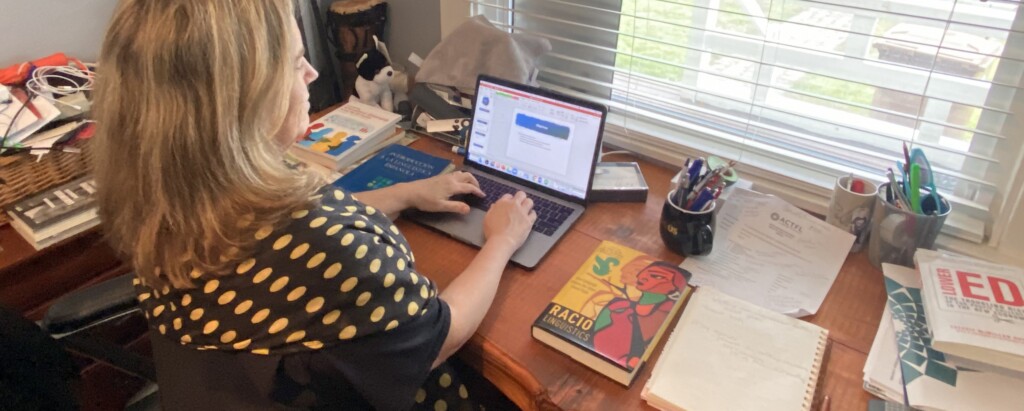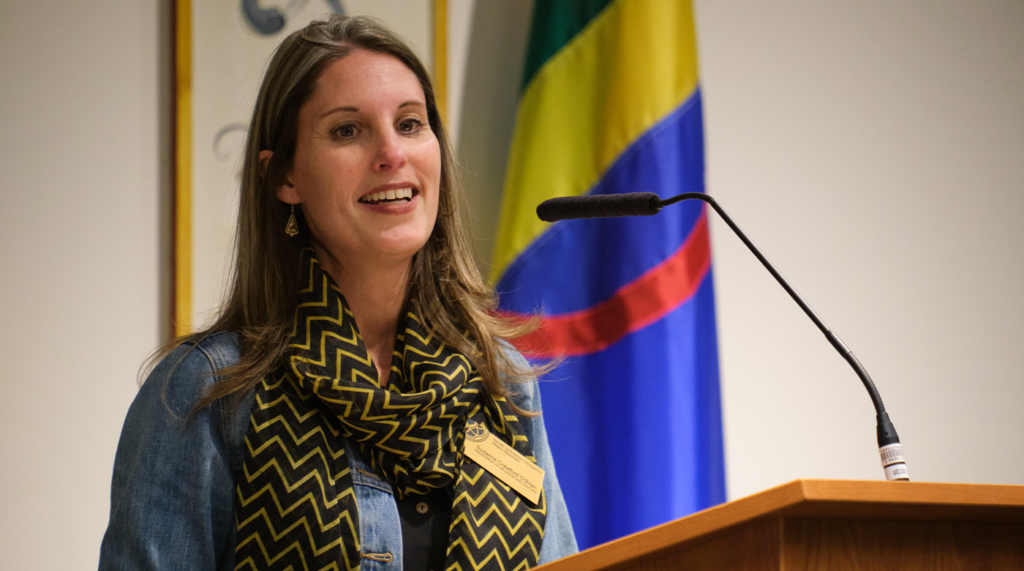Page 66 • (772 results in 0.055 seconds)
-
special populations, including adapted training, younger and older adults, and individuals with specific conditions and limitations. Emphasis will be placed on modifications and application of training programs. (4) KINS 525 : Applied Exercise Science I The course will address the physiological responses and adaptations to acute and chronic training. Additionally, students will understand how the energy systems impact design of training programs. Emphasis will also be placed on periodization and
-
Lounge Club Email: prismclub@plu.eduSocial Work Student OrganizationDescription: The Social Work Student Organization seeks to create links and support systems between students in the Social Work program, especially between cohorts. The organization is looking to create more opportunities to bring more students into the program and educate students on the social work profession. The Social Work Student Organization engages in service, advocacy, diversity, and inclusion efforts. Type of Club or
-

skill for critical thinking, never loses value. School systems will always need high-quality, passionate teachers. Compassion, empathy, communication, and respect are life skills that are learned early on in homes and classrooms. As America’s classrooms become more and more diverse, there is a growing need for teachers who are willing to navigate the cultural and social complexity of the diverse classroom. You can develop the skills needed to positively impact the education system by getting a
-

computer and typing stuff out and seeing it rendered onto the screen was interesting to me.” Ronquillo learned a lot from his professors, including Jeff Caley, assistant professor of computer science. He took a few classes from Caley, including Computer Organization, Operating Systems and his capstone. “Adrian is a great student; he’s like the absolute dream student,” Caley said. “What really set Adrian apart was how hard he worked.” Ronquillo sought help from his friend and fellow computer science
-

beyond their assumptions. When Heath was designing the class back in 2016, he asked people what they thought were the most damaging things humans were doing and how they would redesign those systems. “I noticed people would get stuck on the fact that ‘This is just the way it is,’ ” Heath says. “The starship, and getting students to believe they are designing it, is essentially a trick to get them out of that box of ‘This is how things are.’” “(The goal is) to get students to really see some of the
-

students while maximizing the learning experience, the importance of understanding and flexibility when it comes to the challenges students are working through, and the support systems faculty have put in place to stay connected.PLU: What’s the adjustment period been like for you and other faculty transitioning to this distance-learning approach? Yaden: As director of the Language Resource Center since 1996, and before that as a teaching assistant in graduate school, I’ve been fortunate to make
-

applied field research. It helps our students become systems thinkers, to understand that a single issue or problem can—and must—be seen from a variety of perspectives. It challenges students to understand the complexity inherent in human relationships with places, and how we need to work with all the living communities of that place—plant and animal and mineral as well as human—in our restoration efforts.Let's keep the conversation going! Read the additional Bjug Day Q&A's Bjug Day Q&A
-

the computer and typing stuff out and seeing it rendered onto the screen was interesting to me.” Ronquillo learned a lot from his professors, including Jeff Caley, assistant professor of computer science. He took a few classes from Caley, including Computer Organization, Operating Systems and his capstone. “Adrian is a great student; he’s like the absolute dream student,” Caley said. “What really set Adrian apart was how hard he worked.” Caley witnessed Ronquillo’s diligence with his assignments
-

of class, Heath’s goal is to convince students that they are actually building a starship. It’s the most important part of the course because the starship concept forces students to think beyond their assumptions. When Heath was designing the class back in 2016, he asked people what they thought were the most damaging things humans were doing and how they would redesign those systems. “I noticed people would get stuck on the fact that ‘This is just the way it is,’ ” Heath says. “The starship, and
-
Pacific Lutheran University Honorary Degree RecipientsSee the complete list of Honorary Degree Recipients here.Freeman Hrabowski, Doctor of Humane Letters honoris causaCommencement, May 26, 2018 Dr. Freeman A. Hrabowski, President of UMBC (University of Maryland, Baltimore County) since 1992, is a consultant on science and math education to national agencies, universities, and school systems. He was named by President Obama to chair the President’s Advisory Commission on Educational Excellence
Do you have any feedback for us? If so, feel free to use our Feedback Form.


